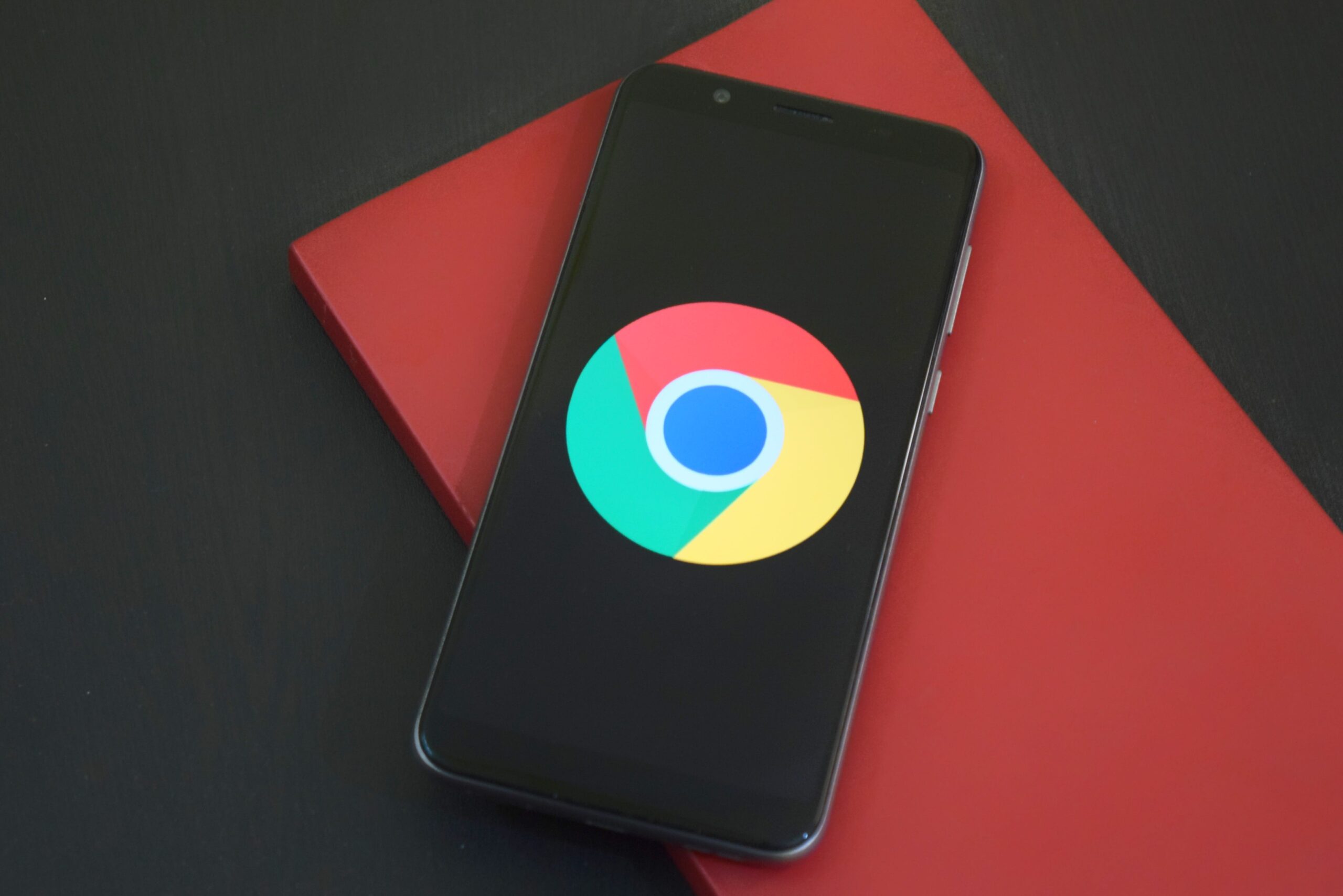In the ever-evolving world of digital marketing, Pay-Per-Click (PPC) advertising is a fundamental strategy for businesses looking to enhance their online visibility and sales. The strength of PPC advertising lies in its capacity to quickly drive traffic and facilitate conversions. Achieving the highest Return on Investment (ROI) from PPC campaigns is a complex task, involving strategic planning, imaginative execution, and continuous refinement. This article explores critical PPC tips that can substantially improve your campaign’s ROI, making sure your advertising expenditure yields concrete outcomes.
1. Target Long-Tail Keywords
One of the most effective PPC hacks is targeting long-tail keywords. These are longer, more specific keyword phrases that are less competitive and more targeted than generic keywords. Long-tail keywords often exhibit higher conversion rates as they align closely with user intent. For instance, a user searching for “affordable organic dog food free delivery” is likely further along in the buying cycle than someone searching for “dog food.” By focusing on long-tail keywords, you can attract more qualified leads, thereby maximizing your ROI with a lower cost per click.
2. Utilize High-Quality Visuals
The visual appeal of your PPC ads can significantly impact their performance. High-quality, relevant visuals capture user attention and can make your ads more engaging. Incorporating stock photos that align with your ad’s message can enhance its attractiveness, making it stand out in a crowded digital space. However, it’s crucial to select stock photos that feel authentic and resonate with your target audience. Avoid overly generic or cliché images, as they may fail to create a meaningful connection with potential customers.
3. Leverage Negative Keywords
Utilizing negative keywords is a vital strategy in optimizing PPC campaigns. This technique enables the exclusion of non-relevant search queries, making sure your ads don’t appear to those less likely to make a purchase. For instance, if your business focuses on premium furniture, including “cheap” as a negative keyword will stop your ads from showing up in search results that don’t match your products’ nature. Proper use of negative keywords helps in avoiding unnecessary spending on clicks that won’t convert, thus enhancing the ROI of your campaign.
4. Optimize for Mobile
With the increasing dominance of mobile devices in internet usage, optimizing your PPC ads for mobile is non-negotiable. Mobile optimization involves ensuring your ads and landing pages are responsive and load quickly on mobile devices. This includes using mobile-friendly formats, concise messaging, and clear call-to-action buttons that are easy to click on smaller screens. Additionally, consider the user behavior on mobile – such as location and time of day – to tailor your mobile PPC strategy effectively.
5. Use A/B Testing
A/B testing, or split testing, is crucial for understanding what works best in your PPC campaigns. This process involves creating two versions of an ad or a landing page and testing them against each other to see which performs better. Variables like headlines, ad copy, images, and call-to-actions can be tested to determine the most effective elements. Regular A/B testing allows you to refine your campaigns based on data-driven insights, continually enhancing your ads’ appeal and effectiveness.
6. Implement Smart Bidding Strategies
Smart bidding in PPC refers to the use of machine learning algorithms to optimize bids for conversion. These strategies, offered by platforms like Google Ads, automatically adjust your bids in real-time based on the likelihood of a search converting. By analyzing vast amounts of data, smart bidding can identify patterns and trends that humans might miss, such as specific times of day or user demographics that are more likely to convert. Implementing these strategies can help you achieve better results with less manual bid management, maximizing your ROI in the process.
7. Focus on Ad Copy Relevance
The relevance of your ad copy to your target audience and keywords cannot be overstated. Effective ad copy should not only include the keywords you’re targeting but also resonate with your audience’s needs and interests. It should clearly communicate the value proposition and include a compelling call-to-action. Ads that are highly relevant to the user’s search intent tend to have higher click-through rates (CTRs), leading to improved quality scores and lower cost-per-click (CPC).
8. Regularly Review and Adjust Campaigns
PPC campaigns require ongoing management and optimization. Regularly reviewing your campaign’s performance and making necessary adjustments is key to maximizing ROI. This includes analyzing metrics like CTR, conversion rate, quality score, and CPC. Based on these insights, you might adjust your keyword strategy, refine your ad copy, or alter your bidding strategy. Staying agile and responsive to campaign performance data ensures continuous improvement and higher returns.
9. Utilize Remarketing Techniques
Remarketing stands out as an effective PPC tactic, focusing on users who have already engaged with your website or application. These users are already familiar with your brand, making them more likely to convert. Remarketing ads can be tailored based on the specific pages or products the users showed interest in, increasing the relevance and effectiveness of the ads. Remarketing not only helps in improving conversion rates but also aids in brand recall and customer retention.
10. Track and Analyze Performance Metrics
Finally, tracking and analyzing key performance metrics is essential in understanding the effectiveness of your PPC campaigns. Utilize analytics tools to monitor metrics like conversion rates, return on ad spend (ROAS), and customer acquisition cost (CAC). These metrics provide valuable insights into what’s working and what’s not, allowing you to make data-driven decisions to optimize your campaigns. Regular analysis helps in fine-tuning your PPC strategy for maximum ROI.
Conclusion
Successfully managing PPC campaigns involves a blend of strategic planning, creative execution, and continuous optimization. By implementing these ten hacks, from smart bidding strategies to regular performance analysis, you can significantly enhance the effectiveness of your PPC efforts. Remember, the key to maximizing ROI in PPC advertising is to remain adaptable, data-driven, and user-focused. With these practices in place, your PPC campaigns are well-positioned to deliver impactful results and substantial returns on your investment.

